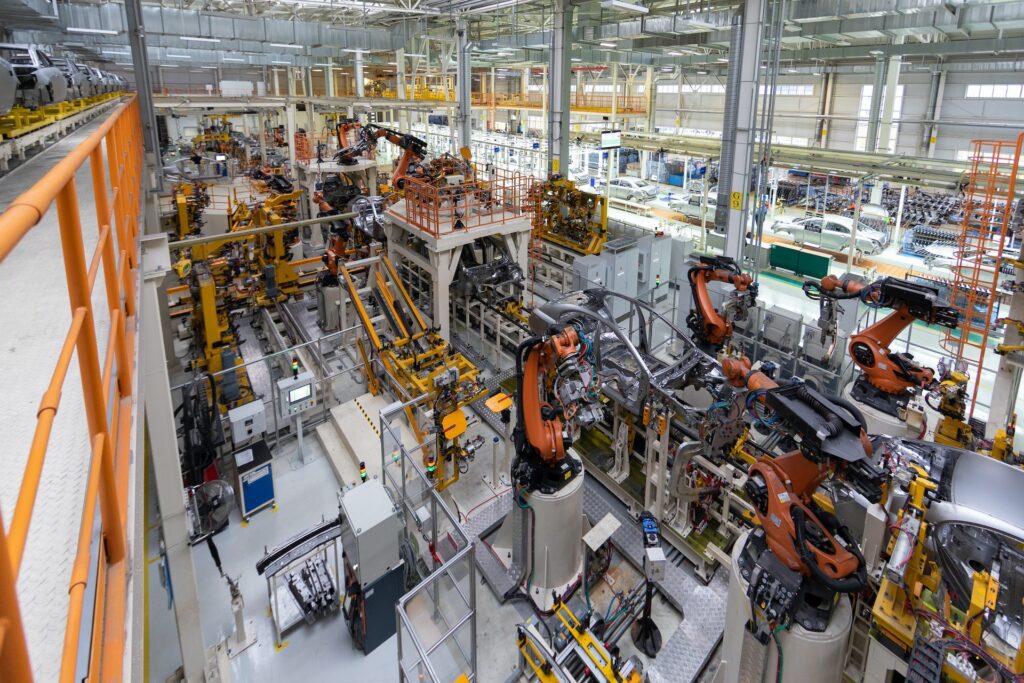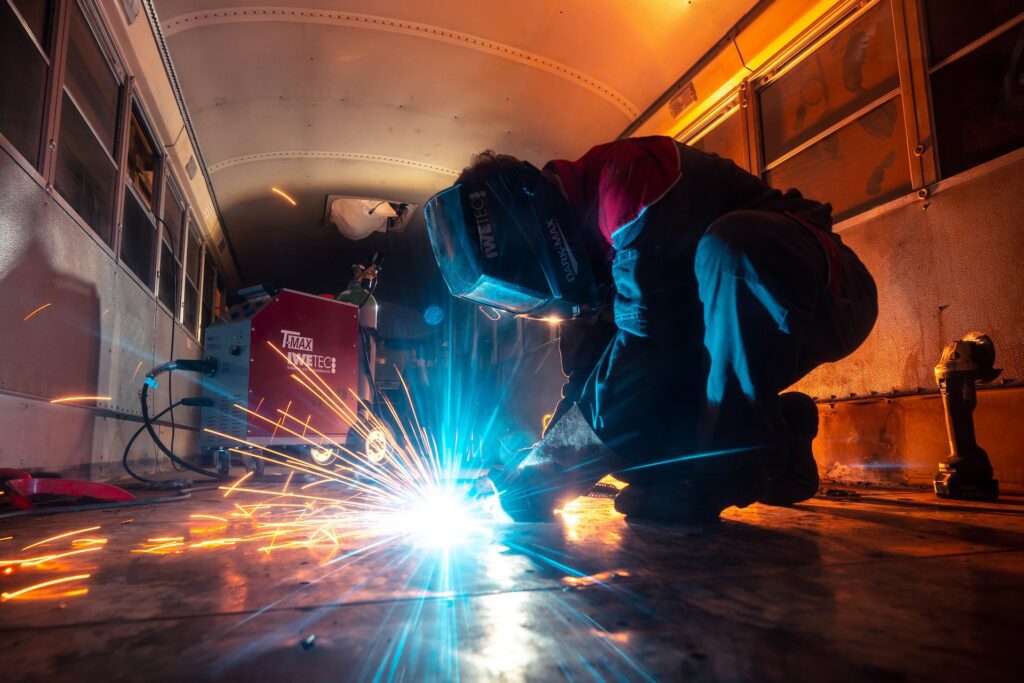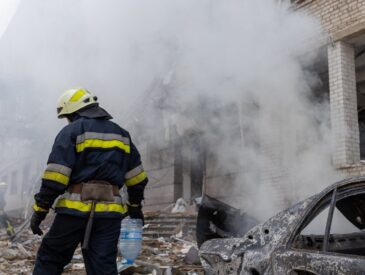One of the most varied and quickly expanding sectors in the United States is metal fabrication, but how many jobs are available in metal fabrications?
Metal workers produce goods vital to the economy, such as medical implants and aircraft parts. The metal fabrication sector employs a wide range of people, from designers and builders of items to managers of businesses. The fact that several employment opportunities are accessible in the metal fabrication business should be a source of joy for everyone looking for a career opportunity.
In today’s article, let’s explore the types of jobs in the metal fabrication industry and how many jobs are available in metal fabrications.

Contents
How Large Is The Metal Fabrication Sector?
The global fabrication market is enormous and is getting bigger. In 2021, the expected market value was listed as $2.7 billion. However, with growth at a CAGR of 2%, it is anticipated that the global market for metal fabrication services will reach US$17.2 billion by 2026.
More people are working in factories as the workforce changes. For individuals looking for employment that can help their finances and allow them to advance personally, metal fabrication offers a great chance.
Even our cars’ ability to function is made possible by various industry sectors, including architecture, manufacturing, automotive, and aerospace. One of the biggest industries in America is the metal fabrication industry.
How Many Jobs Are Available In Metal Fabrications?
There are numerous prospects for career advancement in the large and diverse metal fabrication field. The Bureau of Labor Statistics (BLS) reports that about 61,070 metal fabricators are employed in the country.
Between 2020 and 2026, this number is expected to increase by 26%, substantially faster than the average for all jobs. Therefore, there are many chances to discover a job that matches your interests and skill set.
Types Of Jobs In The Metal Fabrications Industry
- Field Installers
People installing metal fabrication goods outside rather than in a factory are field installers. A contractor or a fabricator could employ field installers. They know how to install the metals required and have a solid understanding of them.
The work might be demanding because it frequently requires performing tasks in hazardous or challenging environments. Time is frequently essential for construction projects, so it is crucial to work fast and effectively.
- Metal Fabrication Pipefitters
Metal fabrication is cutting, bending, and welding metal sheets into pieces. The process of making metal requires the work of pipefitters. To build and install piping systems, they employ specialized tools and machinery.
Pipefitters are responsible for installing piping systems. Therefore, they must be able to read drawings and follow directions. Additionally, they must be familiar with the various varieties of pipe fittings and how to install them.
- Sheet Metal Workers
Metal sheets are used by sheet metal workers (SMW) in metal fabrication to make various goods. The metal sheets can be manually or mechanically cut, then formed into the appropriate shape.
Although they may also work in construction or auto repair, SMWs frequently work in factories. Both the physical and mental demands of the task are very severe.

- Welders
Producing high-quality metal goods requires the knowledge and expertise of welders, who play a crucial role in the metal fabrication sector. In welder training programs, students can learn the skills necessary to weld various metals.
Although many different welder job pathways exist, most welders begin as apprentices and advance to more specialized positions. Some welders might additionally pursue professional certification in their field.
- Assemblers
Metalworking equipment is used during the fabrication process to produce metal products. Metalworking equipment comes in a wide variety of forms, and each has certain advantages. Assemblers use these tools in the metal fabrication sector to produce parts and components that machinists have designed.
An assembler’s responsibility is to take the pieces made by the machinist and put them together in the proper sequence. It could be challenging, mainly if the components are tiny or delicate.
An assembler must be proficient at reading blueprints and schematics and understand how machines operate. Even though assembly work might be highly tedious and time-consuming, producing final goods that adhere to customer requirements is necessary.
- Fabricators
Metal fabrication is a procedure that involves using different kinds of metal to make products or items. This might necessitate employing a machine in some instances, while physical effort might be necessary for others. The finished item may be as straightforward as a tool or component or as sophisticated as a machine or car.
The construction and manufacturing sectors frequently use metal fabricators. Additionally, there are numerous varieties of fabricators who work in various industries. While some have more specialized skills, others have more general ones.
Those working in the metal fabrication industry must be knowledgeable about the various machines and tools employed.
- Ironworkers
Some of the most physically demanding professions in America are those held by ironworkers in the metal fabrication industry. It is a challenging but rewarding job. These employees are in charge of forming and putting metal components into finished goods that adhere to strict customer specifications.
They manufacture anything from car parts to skyscrapers using a variety of machinery and tools.
How Much Money Do Metal Workers Make?
While the lower wage specified is $33,000, metal fabricators can make up to $70,000 annually. If you are a recent immigrant to the United States and have experience in this field, you may pursue this job because anything that pays more than $50,000 a year is worthwhile.
As a fabricator, you might also consider yourself a metal artist because you can express your creativity easily in this work.
Conclusion
The metalworking sector is booming. For individuals eager to learn, many work options are available in the United States.
New opportunities are continually emerging due to the industry’s ongoing growth and transformation. Metal fabrication is the field for you if you’re searching for a challenging profession with lots of room for advancement.





